After accomplishing a major task, an average person might want to treat him or herself. Some decent people, who can afford it, go as far as buying themselves Rolexes or nice SUVs, but they don’t do these all the time. Recent revelation of Nigeria’s top public servants’ penchant for luxury goods, such as the £7000 pen bought by a former governor, gives an insight on how ‘corruption money’ is spent and the spirit behind these monies.
In trying to understand the spirit dodgy money inflicts on its holder, I will attempt to answer two fundamental questions. One, is there any motivation to reinvest dodgy money back to the societies it was stolen from? Some scholars have argued that corruption might not be so devastating if stolen monies are invested back into the societies it was stolen from. Two, is Buhari’s anti-corruption drive really slowing down the economy? Please note that my analysis, in this piece, might not be exhaustive, but it’s intended to provoke a debate.
In trying to answer the first question, let me start with a recent revelation by UK’s Mail on Sunday about some mansions allegedly acquired by Nigerian public officers, with proceeds, probably from corruption. Let’s take a look at former Governor Abubakar Audu’s property at Bishops Avenue. For those who do not know much about London, Bishops Avenue is also known as the Billionaires Row – truly, billionaires live in this street – some homes in this street are on the market for up £65 million. The reasons a career politician, from a poor country, would want to own properties in such location are not far-fetched. One, the politician might see such investment, abroad, as a safe haven for his stolen money. This kind of thinking makes investing back home a mirage. Two, the politician might just want to be seen as a wealthy person, probably out of inferiority complex. People with this kind of complex hardly engage in meaningful ventures that could elevate people out of poverty.
The biggest problem with these kind of properties, abroad, is that they are more or less economic waste. These properties are often unoccupied for many years. In some cases, when these monies are reinvested, at home, it is invested in ‘unproductive’ ventures – for example, in properties that majority of the people can’t let or hire. This goes to show that the owners might not actually need these properties. This is one characteristic of the spirit of ‘corruption money’ – it makes you buy what you don’t need. Sometimes, dodgy money makes the spender act unintelligently, and most times, this is the reason why corrupt people are caught. In order to buttress this point, take a look at the next example.
Advertisement
There is this penchant, by corrupt people, for luxury goods. The EFCC just found a wrist watch valued at £600,000 at a former minister’s residence. Nobody who works hard for his money would buy such item. I’m not even sure Warren Buffet will.
One other spirit of ‘corruption money’ is that it makes you act hastily. It was reported that a former Nigerian minister was so much in a hurry to purchase a $2.6 million property in Panama – this surprised the lawyers in Panama. For those Panama lawyers to be surprised, it means a client must have beat a world record, in terms of speed of purchase.
Even with these kind of news, some people accuse President Buhari of stifling the economy with his fight against corruption. This kind of accusation is not new, though. In 2013, in China, when Xi Jinping began his crack-down on corruption, the sale of luxury goods plummeted. Big brands were worried. Even the luxury brand, Burberry, had a double digit decline in sales. People even toned down on their propensity to organize big and flamboyant parties in China. This is what is happening in Nigeria now. And, some people are really mad about it.
Advertisement
The argument that Buhari’s fight against corruption is part of the cause of our economic downturn is illogical. Genuine and good businesses will surely prosper, and create decent jobs, in a country that has zero tolerance for corruption. If the fight against corruption is affecting your business, please re-examine your business model.
Please note that Buhari’s position on the Naira is not really an anti-corruption stance, it is more of an ideological and economic believe. This stand might be having an impact on the economy. Opinion is still divided on this issue.
And here is a word for those who say Buhari has been de-marketing Nigeria with his comments on how corrupt Nigeria is. This is not true because the West have their way of getting information about Nigeria, whether we tell them or not. For those who accuse some public officers of painting Nigeria black anytime they are with Western diplomat, let me educate them a bit. With the kind of experience some multinationals and international business men have had in Nigeria, they don’t need anyone to educate them about Nigeria. In fact, sometimes when you try to market Nigeria, they just smile at you
One final remark, before I round off. We should support Buhari’s fight against corruption. Recent revelations on how monies were shared, last year, in Nigeria, is heartbreaking. One former minister said she signed off N450 million, and kept N105 million for herself. Apparently, she was supposed to pass the whole slush fund on to her party. But in a ‘’fantastically corrupt’’ manner, she decided to help herself. This is just one of the many cases being investigated.
Advertisement
My conclusion is very simple. One, the spirit of corruption cannot allow dodgy money to be invested wisely most times, though there are some exceptions. Two, in order to get some feeling of safety, looters are more likely to take their money abroad. Even if they invest at home, the bulk will still be sent abroad, if they can. Three, the more Buhari fights corruption, the more the elites will hate him. The sale of luxury goods will plummet. This might be his greatest challenge in the nearest future. He might even be forced to tone down on his fight against corruption as the 2019 election approaches. Four, the argument that the fight against corruption slows down an economy still has some gaps. It requires further study. In my view, it shouldn’t have any negative impact on genuine businesses.
Ahem, Buhari’s latest comment in London tells me he is grateful to David Cameron, the Archbishop of Canterbury, Most Rev Justin Welby, and the hidden camera, that caught that candid conversation with her majesty, the queen. Cameron made us to know how world leaders really see us. (Some of us already knew that Nigeria was not respected abroad). Buhari must be very grateful to Cameron. Cameron’s comment should give Buhari the traction to keep fighting corruption. Buhari should thank the archbishop for those kind words – the Bishop said that Buhari, ‘himself alone’ [emphasis mine], isn’t corrupt.
Views expressed by contributors are strictly personal and not of TheCable.
1 comments

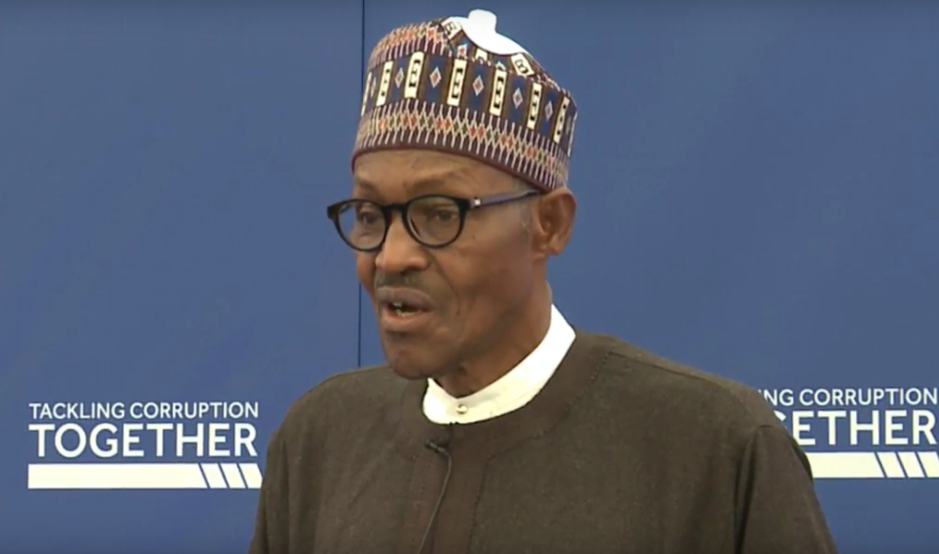
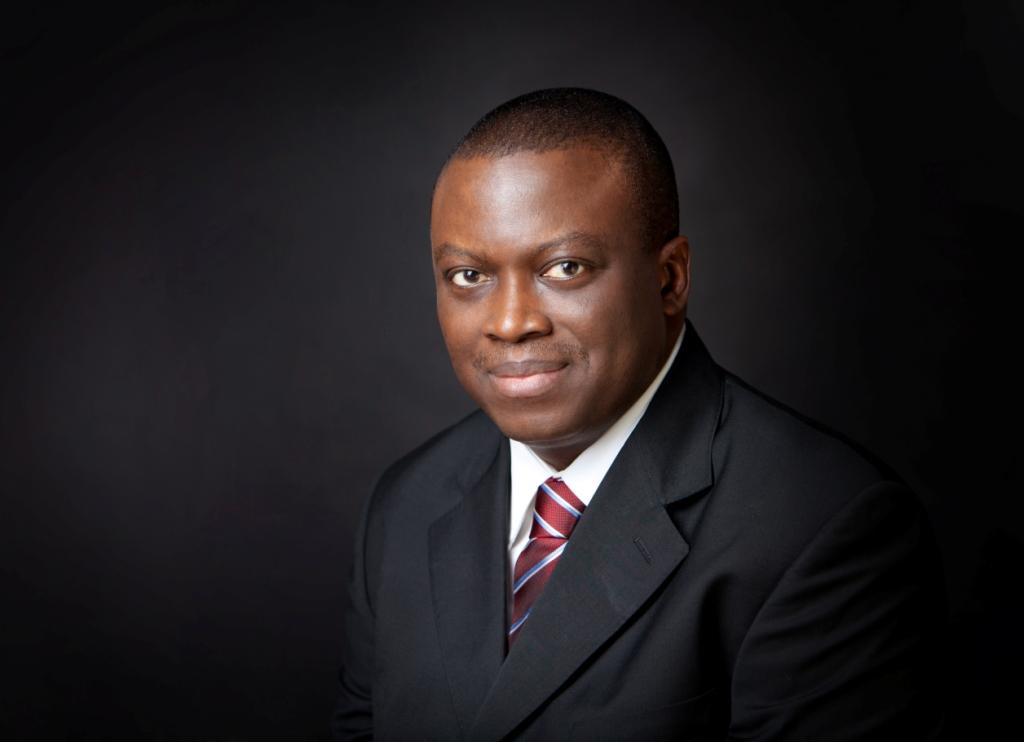
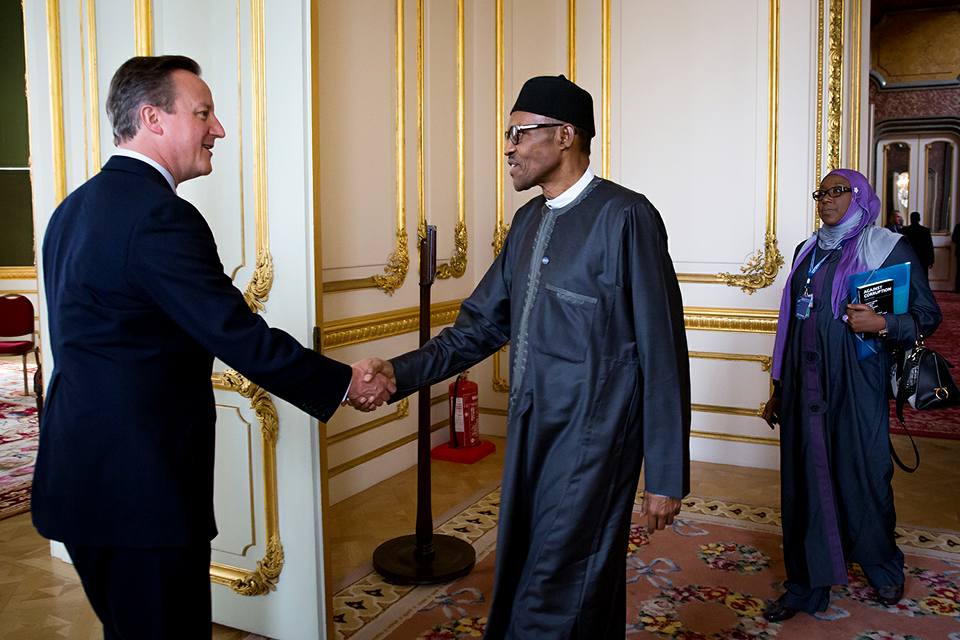
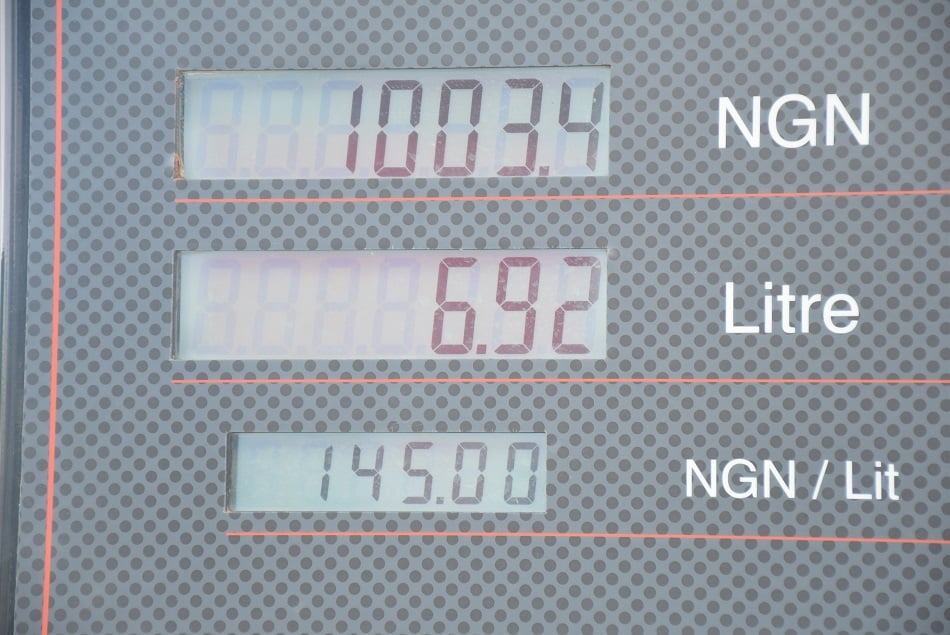

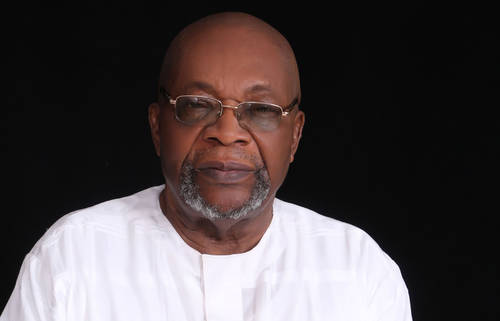

Of course Buhari must continue his fight against corruption. Only the corrupt or those benefiting from the corruption would think it’s slowing down the economy. If after 4years all he could achieve is stamping out corruption to a mininun level….i wiuld applaud him.
Every Nigerian knows that our problem in this country is bad leadership as a result of corruption. Look at the state of Port Harcourt International airport…..and money has been dished out to the contractor oo…fia kwa!